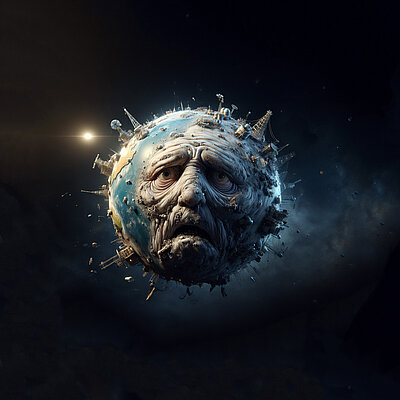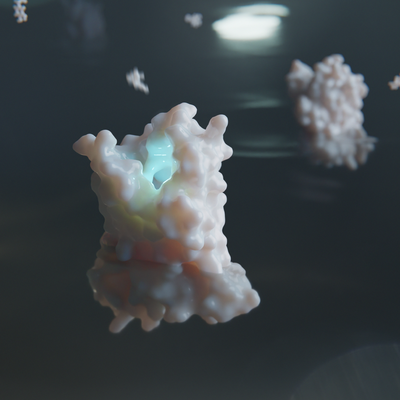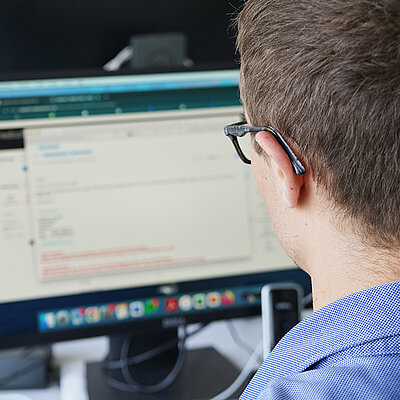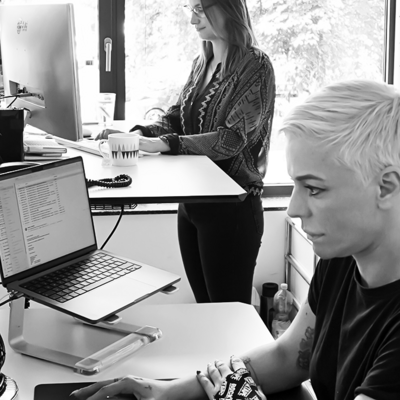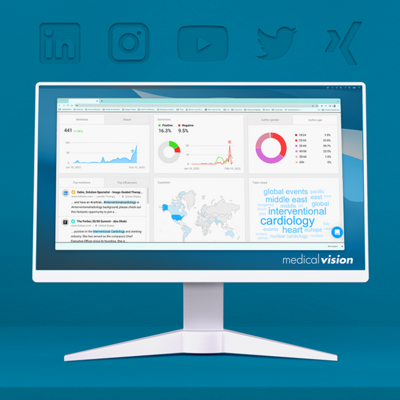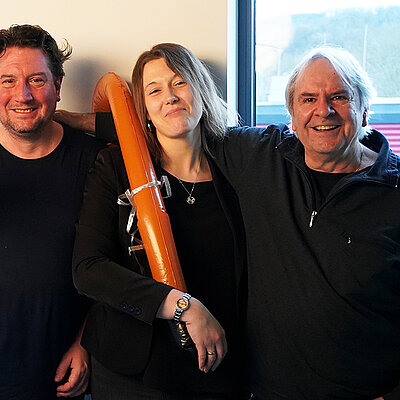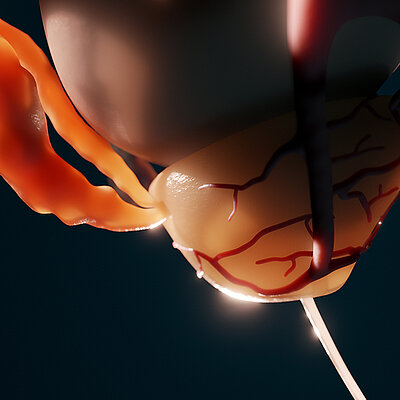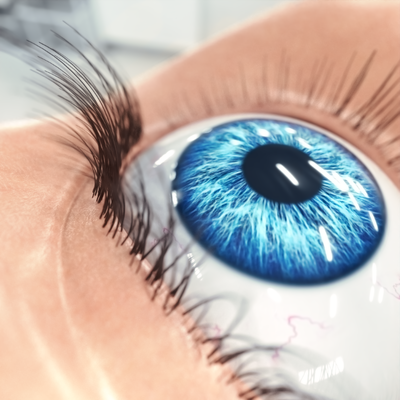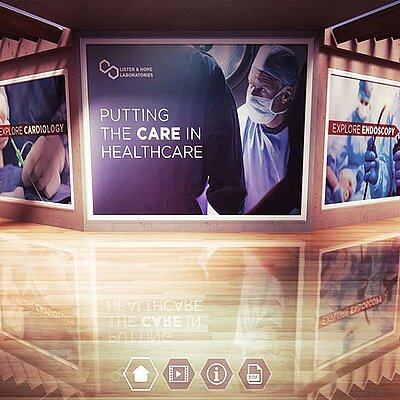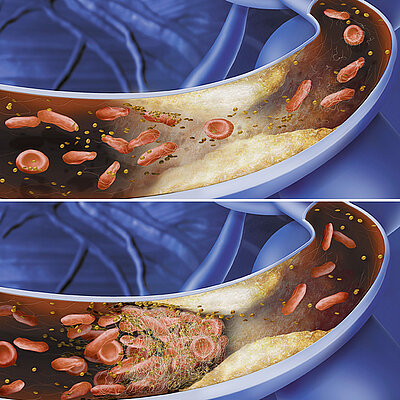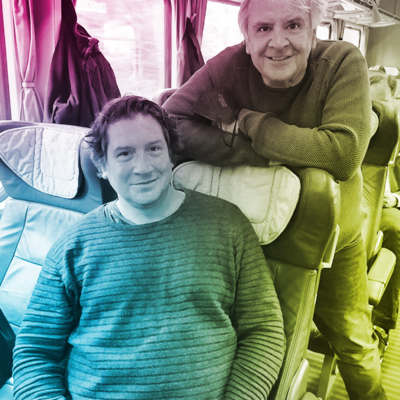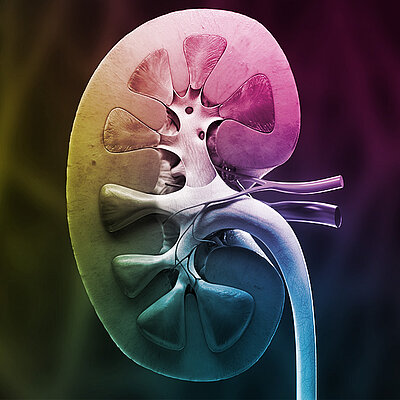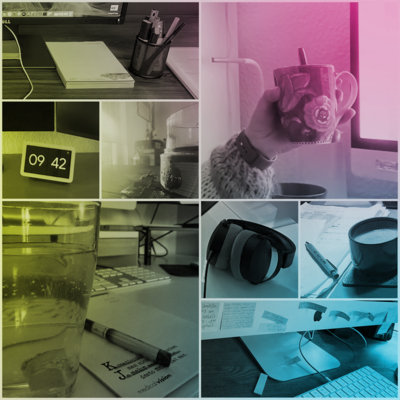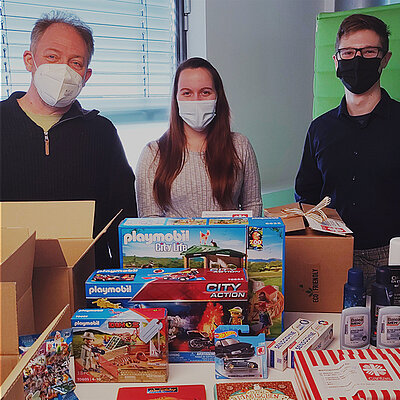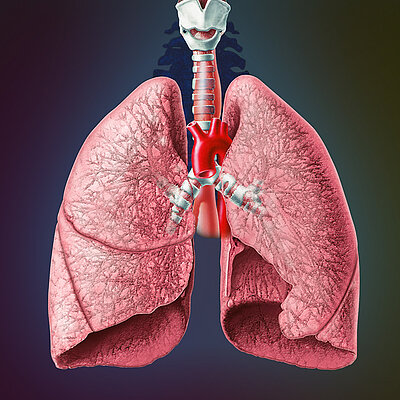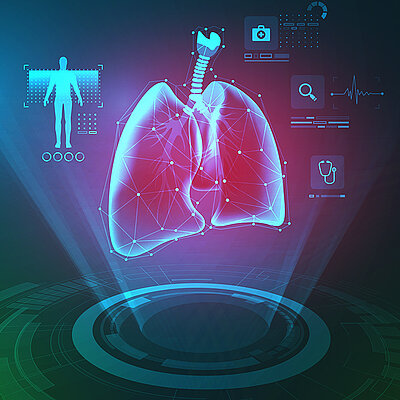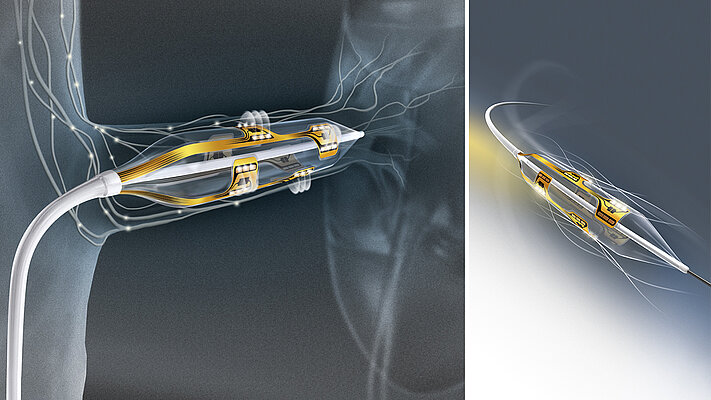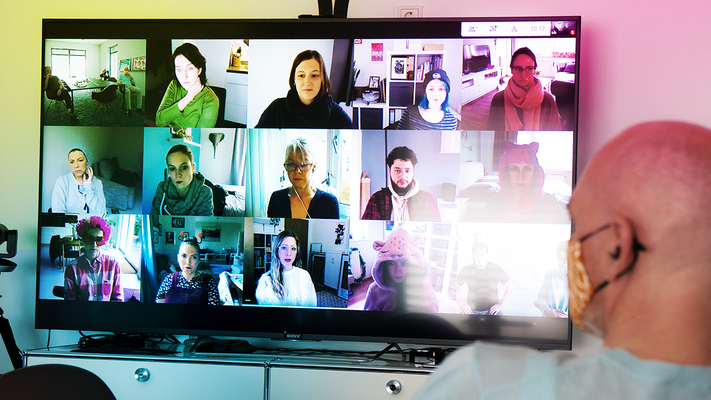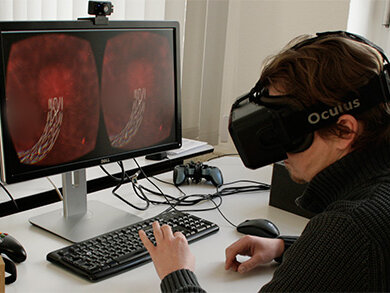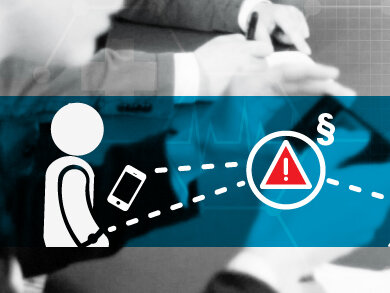Author: Marta Waniek (estimated reading time 10 minutes)
INTRODUCTION
Tuesday morning. I woke up with a splitting headache and checked my phone. I had two meetings, a project with a pressing deadline, and eight hours of work ahead of me. My head pulsed, my mouth tasted like metal, and I felt feverish. "I'm sick," I mumbled and sat on my bed waiting for a painkiller to kick in. Migraine...
Migraine Awareness Week is a time to recognize how these debilitating and often misunderstood attacks can affect people’s lives. Migraines can be disabling for people suffering from them, affecting vision, sleep, energy levels and more. There is little that can be done about migraines once they strike because the pain comes from the brain which is protected by a special system of cells, called the blood-brain barrier. These cells block harmful substances while letting in nutrients and oxygen. This layer can be difficult to circumvent and drugs must pass through it which can make treating migraines very challenging. But we can try to find ways to cope and prevent so the attacks don't happen as often or last for as long each time.
Up to 20% of the population in Germany suffer from migraines (almost 16 million people). Migraines are not the same as normal headaches and are often misunderstood by those that do not suffer from them. If your parents suffered from migraines then you are two to four times more likely to suffer from them as well compared to people without a heriditary connection. Migraines can also result in long-term disability and can even be life-threatening if left untreated or treated improperly.
A migraine is a severe, throbbing pain that can last for hours or even days. Often accompanied by nausea, vomiting, and hyper-sensitivity to light and sound. Migraines can be severe enough to cause one to miss work or school and in some cases sufferers may need bed rest in complete darkness for days.
As much as it would be nice to spend time at home in bed when we have a migraine, sometimes this isn’t realistic because of our jobs. Even when controlling the sources and causes of migraines it is still possible to have an attack while at work. Below are seven tips that will help ease your pain (and help you get back to work).
1 MAKE SURE YOU'RE TAKING YOUR MEDICATIONS AND BE AWARE OF WHAT CAN TRIGGER A MIGRAINE.
I’ve suffered from migraines since I was a six year old girl. I was taken to the hospital and it was thought that I had a brain tumor because of the extreme pain combined with vomiting. But the issue turned out to be migraines. My parents would do what they thought would help, but the only things that really made a difference was taking the Naproxen and Domperidon medication that a doctor prescribed to me and avoiding triggers.
Migraine triggers vary from person to person. I cannot speak for everyone when it comes to their personal triggers, but common ones are stress, hunger, bright light and certain smells - these things always seem to make my own migraines worse. There were times that if someone was cooking chilli con carne for example or something else with meat or wearing a specific perfume, I would get a migraine.
It is important to know your triggers and the effects they have on you so you can treat them. If you know them it will be easier for you to get your attacks under control - especially if you experience migraine attacks regularly.
With a little luck, you may be able to prevent a migraine from developing if you control it in the early stages. Don't believe that a migraine will go away on its own, it won’t, at least not before it gets really bad. If you feel symptoms of an approaching attack, try to find a quiet room where you can rest for at least 15 minutes.
You can also potentially prevent an attack by staying hydrated at all times and ensuring you get enough sleep. But sometimes an attack may be inevitable, and you may have to take a sick day.
If bright lights trigger a headache then avoid going to work when it's sunny outside or wear sunglasses throughout the day. Loud noises can also be a trigger so try wearing earplugs if this is a trigger for you. Migraines often regress when it is dark out so if you have flexible work hours get up earlier for your job and head to work before the sun is high in the sky and beating down on you.
Some people have found dark chocolate can prevent an attack and possibly even ease one. Avoid caffeine as it may make your attack worse. Also stay clear of prepackaged or industrial foods, aged cheeses, smoked meats, or nuts and seeds, all of which have been linked to migraine pain for some.
Eating a healthy, balanced diet free from migraine triggers is essential and trying variations and different diets can give you insights into what‘s best for you. Just be sure you avoid your known triggers or foods that exacerbate your attacks. If you are not sure which foods might be triggering your migraine then keep a food diary to track what and when you eat, and how severe symptoms get after eating certain foods.
If you have been prescribed medication by a doctor for your migraine attacks it is often good to take that medication as soon as you notice the first symptoms. Don't wait till it's too late. But before you adjust any kind of a schedule it is always advisable to talk to your doctor so you know what a safe dosage is, how often you can take your medication and what you should do when suffering an attack.
Speak with your boss about how migraines affect you and ask for his/her understanding regarding your performance during an attack. If you struggle to cope with migraines and feel they prevent you from performing at work, it's best for both you and your employer if you speak up about the issue. Asking for understanding is never easy, so start small – explain how an attack can affect focus without getting detailed. Create backup plans for any disruptions so the company is able to function during an attack if necessary.
2 FIND A QUIET SPACE TO AVOID TRIGGERING EVENTS
Find a quiet place to sit or lay down at the first signs of an attack. Minimize movement until the pain subsides (to avoid triggering a more intense attack). It is also important to make sure migraine triggers are not around you (for example the strong smell of coffee if that is one of your triggers).
Put a sign on the door of the room that says ”quiet please“ then stay there until you feel the symptoms have subsided. If you can, ask someone to take over some of your responsibilities. For example, have them go to a meeting or take a call on your behalf.
3 BRING PAINKILLERS WITH YOU IN CASE OF AN EMERGENCY
Keep over the counter painkillers on hand in case of emergency. Make sure to keep these painkillers (such as Antiemetic) with you at all times. Because when one is experiencing a migraine they can be unpredictable and debilitating. Tell someone at work what medication you are taking in case your condition worsens and an ambulance needs to be called.
4 DRINK PLENTY OF FLUIDS TO AVOID DEHYDRATION
Dehydration can also cause migraines. Drinking fluids, especially water, is very important. Drink throughout the day, even if you don't feel thirsty. Avoiding caffeine and alcohol is also important because they lead to dehydration. Caffeinated beverages, such as coffee and tea, are common migraine triggers. Alcoholic drinks may also trigger migraines in some people so avoid them if possible.
The best drink choices depend on your preferences and how they affect you specifically. For example, some people swear by coffee with lemon juice. Another study, conducted by the University of Adelaide, Australia, suggests that drinking green tea can help against migraines. The best choice naturally depends on your personal preferences and triggers.
5 STAY ON TOP OF YOUR WORKLOAD SO IT DOESN‘T PILE UP.
Organize your work so it doesn’t pile up and try not to leave everything til the last minute. Make sure that your workspace is comfortable with good lighting, seating arrangements, controlled noise levels, etc.
If you do get a migraine at the office, it can be difficult to concentrate on anything that requires your full attention. Instead of trying to push through, try switching tasks to something less mentally demanding. This way you are still working and not adding to your future workload once the attack is over.
6 TAKING A NAP CAN ACTUALLY MAKE MIGRAINES WORSE (ESPECIALLY IF DUE TO LACK OF SLEEP).
An afternoon nap can have terrible consequences if you are migraine-prone. One of the biggest reasons for migraines is sleep deprivation, so if this is the cause for your a nap will not help! In fact, taking a nap can make things worse. Taking short breaks and doing breathing exercises can keep stress at bay and keep your migraine from getting worse. Try leaving the office during your lunch break or work in smaller time chunks so you don’t feel overwhelmed by everything on your to do list.
7 BREATHING EXERCISES
Migraine sufferers are often told to do relaxation exercises, but doing them might be difficult during an attack, you’ll have to try it and see. But a study published in the journal Headache found that people who did breathing exercises regularly saw 2.8 fewer migraines on average per month.
So what should you do in your breathing exercises? Simply close your eyes and imagine that each breath you take fills the top half of your body with fresh air and negative thoughts are being exhaled out through every pore.
CONCLUSION
If you’ve ever experienced a migraine in the workplace, then you know how difficult it can be to work during an attack. But there are ways that can help make episodes more manageable so that they don’t disrupt your work too much.
- Stay on top of your medications
- Find a quiet space at work where you won't trigger a migraine
- Keep over-the-counter painkillers handy for sudden migraine attacks
- Drink plenty of fluids (while avoiding caffeine and alcohol)
- Manage your workload ahead of time
- Avoid napping (especially avoid falling into a deep sleep)
- Try breathing exercises when you feel an attack coming on
It isn’t easy to prevent a migraine from developing, and sometimes it may not be possible. If migraine symptoms are preventing you from completing your tasks effectively or disrupting your normal routine, take a day off and consider:
- Enrolling in a yoga class
- Going for a run in a quiet place (forest, park, etc.)
- Napping in a dark room for a few minutes (be careful not to fall into deep sleep)
- Reading or writing something you enjoy
- Taking an antiemetic medication and lay down somewhere quiet until migraine symptoms subside.
We hope some of these suggestions prove helpful for those struggling with migraines at work or at home. Have you tried any of these methods? What was most effective for coping with your migraines?
*We are not a healthcare practitioner or health advisor. Please consult your physician before using our advice, as we cannot guarantee the success of any treatment you try based on the content of this article.


